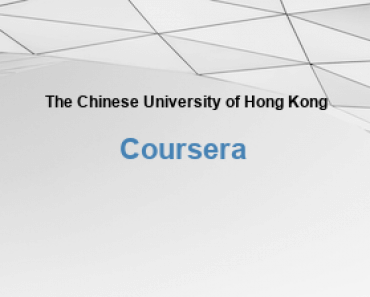Description
This sequence of four courses will propose a multi-disciplinary approach to the study of Chinese cultural history conceived of as a succession of modes of rationality (philosophical, bureaucratic, and economic). The focus will be on the moments of paradigm shift from one mode of rationality to another. For each of these moments, cultural facts and artifacts—thought, literature, ritual—will be examined in relationship to changing social, political, and economic systems.
The first two courses will cover the periods of the Warring States (481-256 BCE) and the Period of Division (220-589 CE), with a brief excursion into the Han (206 BCE-220 CE). The Warring States laid the social and cultural foundations for the emergence of the imperial mode of rationality; the Period of Division saw the Buddhist “conquest” of China and the emergence of a rationality defined by the opposition of the Three Teachings to shamanism, that is, of a clear contrast between elite and popular culture.
The third and fourth courses will focus on the emergence of modern China in the Song-Yuan (960-1368) and of today’s China 1850 to the present. We will see how the modern attack on religion, redefined as “superstition”, led not only to religious reform movements but also to a society in which science and the nation became the primary value systems promoted by the state.
The courses are listed below:
A Critical Cultural History of China – Early China I: Intellectual Change in the Warring States and Han (481 BCE-220 CE)
A Critical Cultural History of China – Early China II: Religious Transformation in the Period of Division (220-589 CE)
A Critical Cultural History of China – Modern China I: Religion and Thought in the Song, Jin, and Yuan (960-1368) (To be launched in late 2018)
A Critical Cultural History of China – Modern China II: Structuring Values (1850-2015) (To be launched in late 2018)
Price: Enroll For Free!
Language: English
Subtitles: English
TUN Helps Students!
Scholarships
Community
Copyright, 2024 – TUN, Inc

